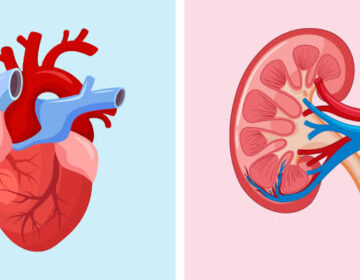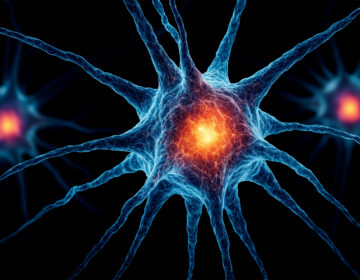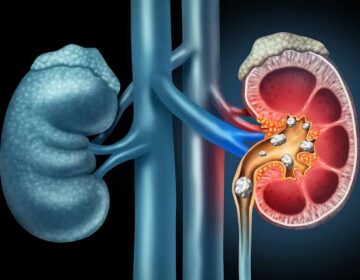Proline, an amino acid abundant in many foods, has been linked to depression through its interaction with gut bacteria and brain chemistry.
The findings reveal that controlling proline levels or its transport to the brain could help prevent or treat depression.
Spain, have identified a surprising connection between an amino acid and depression in humans, mice, and fruit flies. The compound, called proline, is found in many common foods, including gelatin, grass-fed beef, and wild-caught fish. Their research, published in Cell Metabolism, suggests that diets rich in proline may raise the likelihood of developing depressive symptoms.
Measuring Mood and Metabolism
To explore the relationship between diet and mood, the team examined both the type and amount of amino acids consumed by participants.
“We were surprised that what was most associated with depression, evaluated through this questionnaire, was the consumption of proline,” explains Dr. Fernández.
Further analysis of participants’ blood confirmed this association, showing that higher plasma proline levels were among the strongest metabolic indicators .
Not everyone with high proline intake experienced more depressive symptoms. When researchers examined participants’ gut microbiota, they discovered that bacterial composition also played an important role.
Depression was associated not only with certain bacteria but also with microbial genes involved in proline metabolism. In other words, an individual’s gut bacteria appeared to influence how much proline circulated in their bloodstream.







